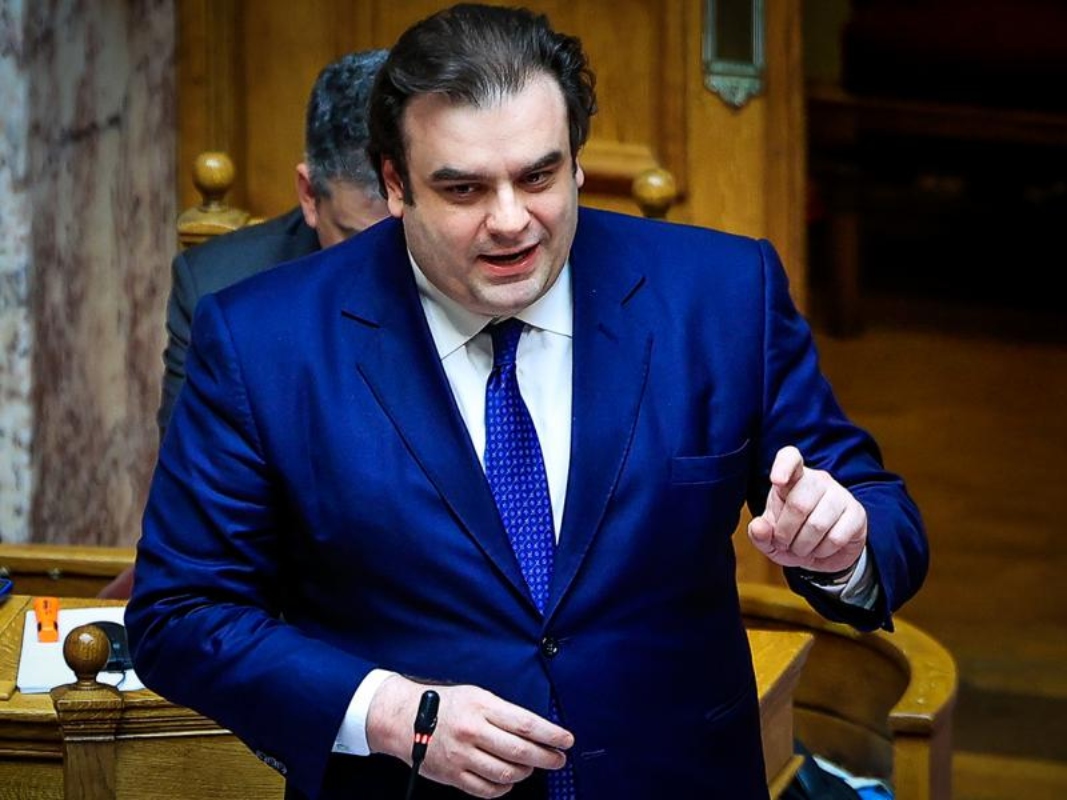Greece has tabled a bold vision for Europe’s economic future.Minister of National Economy and Finance Kyriakos Pierrakakis has proposed the creation of a European Union of Savings and Investments, designed to mobilize the €33 trillion currently lying dormant in Europeans’ bank accounts and financial assets.
It is a strategic initiative at a moment when Europe faces its most fundamental question: how to finance growth, innovation, and the green transition without falling further behind the U.S. and China.
A call for integration at the Eurogroup
Speaking at the recent Eurogroup and Ecofin meetings, Pierrakakis urged his European counterparts to remove national barriers that keep the continent’s capital markets fragmented and underperforming.
“We need a Single European Market. The cost of delay is enormous. If we want to succeed, we don’t just need national champions — we need European champions,” he said.
In doing so, Athens positioned itself as a driver of deeper integration, even as larger member states remain hesitant to cede parts of their financial sovereignty.
Greece as a case study — not an exception
Although Greece’s economy remains fragmented and dominated by small and very small enterprises (98%), Pierrakakis showcased three emblematic cross-border deals that signal a new, outward-looking momentum:
- Euronext’s bid for the Athens Stock Exchange, linking Greece’s market to the broader European ecosystem.
- UniCredit’s acquisition of over 30% of Alpha Bank, bringing a systemic Greek lender into Europe’s major banking network.
- Credia Bank’s purchase of 70% of HSBC Malta, proving that Greek institutions can also become cross-border players.
Just days later, the OPAP–Allwyn merger created a new gaming giant valued at €16 billion, confirming in practice what Pierrakakis advocates in policy — that strategic mergers and alliances can transform national firms into European champions.
The economic case — and the ticking clock
The Draghi Report (2024) warned that Europe must invest €750–800 billion annually merely to remain competitive. At the same time, more than €10 trillion of private savings sit idle in bank deposits — a paradox that underlines the structural inefficiency of Europe’s financial system.
The Greek proposal aims precisely at that gap: to connect savings with investment, to turn capital into growth, and to keep European money within Europe, rather than letting it migrate to American or Asian markets.
From brain drain to capital gain
Today, Europe’s startups and scale-ups attract seven times less venture funding than their U.S. counterparts. Many eventually move their headquarters abroad to secure financing, leading to both capital flight and brain drain.
The envisioned Union of Savings and Investments seeks to reverse this flow — transforming brain drain into capital gain, empowering European companies to grow, innovate, and compete on a global scale.
A new architecture for growth
If realized, this initiative could become the third major pillar of European integration, following the euro and the Banking Union. A true Capital Markets Union would:
- Provide cheaper financing for firms,
- Encourage cross-border mergers, cooperation, and innovation,
- And offer higher returns and opportunities for European savers.
Through concrete examples and pragmatic diplomacy, Greece demonstrates that economic convergence is not rhetoric — it is a strategic choice.
From vision to European leadership
Pierrakakis’s intervention goes beyond technical policy design. It represents a strategic political statement: that Europe cannot compete with American and Chinese giants through fragmented national markets and micro-scale economies.
Creating European champions, encouraging cross-border consolidation, and building a unified capital market are not simply financial goals — they are foundations of Europe’s next geopolitical identity.
And in this shift, Greece is not following — it is leading.
Source: pagenews.gr
